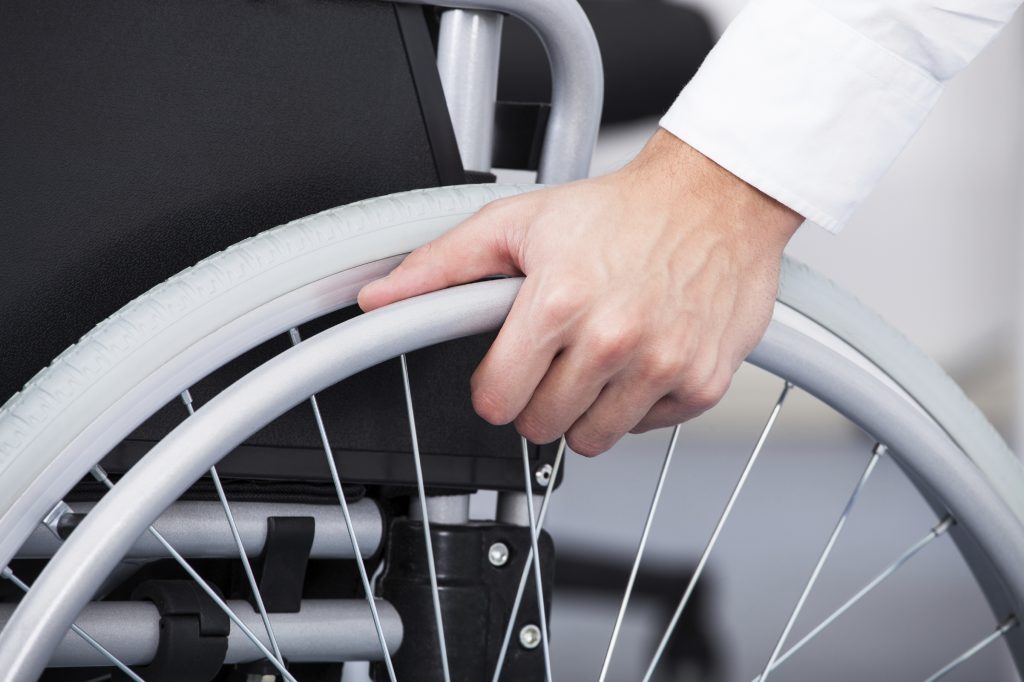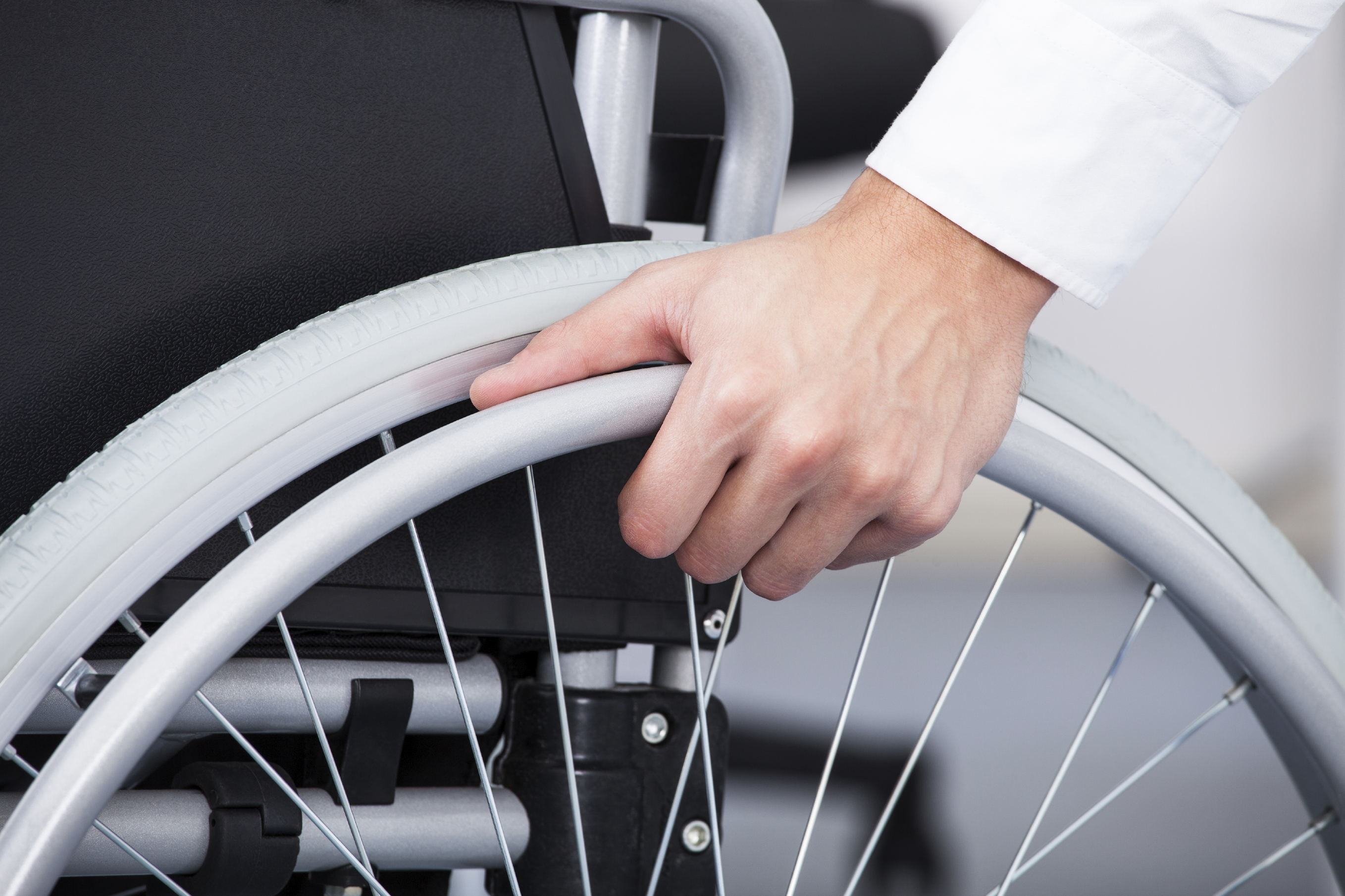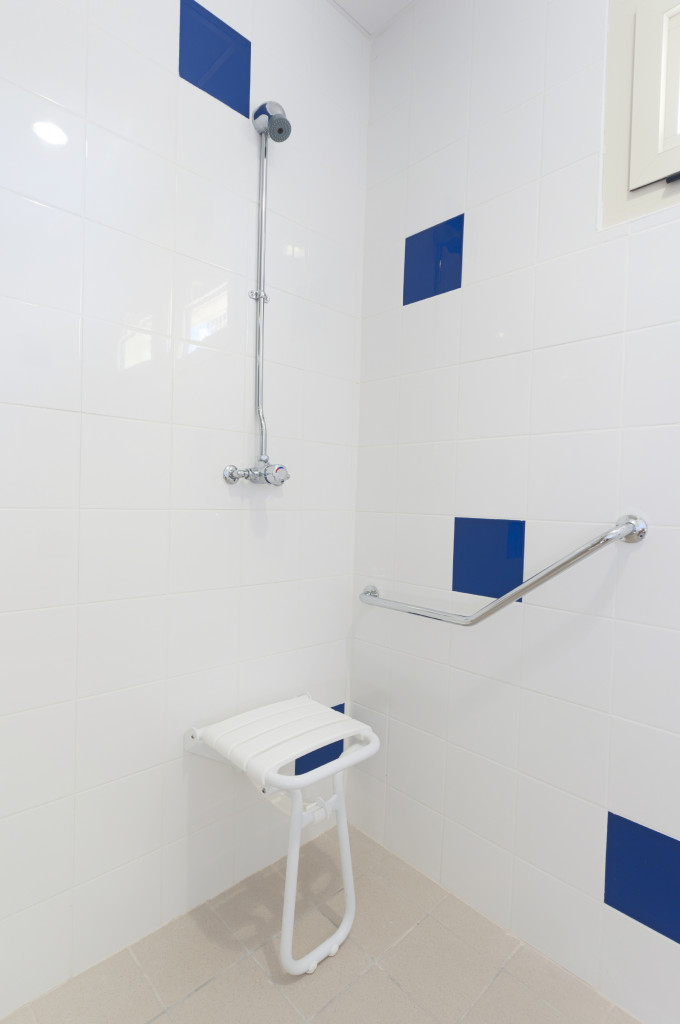


When it comes to adapting homes for disabled people or people with mobility issues, it has been shockingly revealed that nearly two thirds of councils in the UK are failing to complete these vital changes within the one year legal requirement.

The Long Wait For A Home report, published by Leonard Cheshire Disability, has found that a jaw-dropping 44% of councils haven’t successfully adapted the homes of people in need of home adjustments.
The Extent
It also reports that almost 2,500 disabled people have to wait over a year to get the vital funding they need to make their homes accessible and liveable with their conditions. This is an outrageous figure, especially when the demand for home adaptations for disabled people has risen; the funding for these essential changes is falling.
 The Demand for Disabled Facilities Grants (DFG) has been reported to have risen at twice the rate at which councils can meet, and has risen by 6% since 2011/12, but the amount of applications councils have been able to actually process and fund is around 3%.
The Demand for Disabled Facilities Grants (DFG) has been reported to have risen at twice the rate at which councils can meet, and has risen by 6% since 2011/12, but the amount of applications councils have been able to actually process and fund is around 3%.
This means that even more disabled people will be living in accommodation that’s unsuitable and potentially damaging to their physical and mental wellbeing.
The Effect on Social and Health Services
With more and more pressure being put on our NHS service, surely councils should be spending more on these adaptations to prevent further damage to some of the most vulnerable people in our society?
Andy Cole, the campaigns director at Leonard Cheshire Disability, has commented on the wellbeing of these people who are desperately waiting for their homes to be adapted for them to live safely.

“This will mean even more disabled people will be left stuck in homes that are damaging to their health, and their independence.” “The effects of poor housing cause stress and depression as well as physical injuries which put a huge strain on our health and social care services.”
The Better Care Fund
Introduced in 2013, the Better Care Fund (BCF) was intended to help join the health and social care services in the UK.
However, looking deeper into these seemingly fair plans has revealed a distressing lack of focus on housing and housing adaptations. It is a concerning worry that some of the DFG funding will be distributed to subsidize other priorities, and once again, housing adaptation will be overlooked.

Currently, 75% of councils have said that they use funds from their own budgets, as well as the DFG budget they are given from the government, but once the DFG budget becomes a part of the Better Care Fund, worryingly only 10% of councils have pledged to spend more than their DFG allocation on housing.
Sadly, 37% of councils told the report that they are not planning to spend any of their BCF allocation on housing or housing adaptations.
Lifetime Homes
Lifetime homes are simply standard houses and flats which incorporate a set of 16 design criteria. These can be applied to new homes with an average cost of £1,100 and save money in the long run, but they make sure certain items (such as grab bars and stair lifts) can be installed cheaply and easily if and when the residents needs change.

The Lifetime Homes idea is based on five basic principles:
Ensuring that more new homes adhere to these standards would enable more disabled people to gain the adaptations they need, without having to wait a ridiculous amount of time, and save them paying out a lot more money in the long run!
Here at ALS stairlifts, we think that changes to help disabled people move about without impairment are very important, and that’s why we’re committed to doing our bit. We provide the best quality products, which come with a replacement of product option, as well as a full refund if you aren’t 100% happy with your product!
If you would like to learn more about our curved stairlifts, or any of the other solutions we have on offer, don’t hesitate to contact us on 0800 046 3438 today and talk to one of our friendly team members.